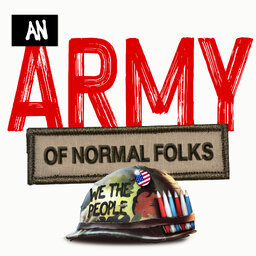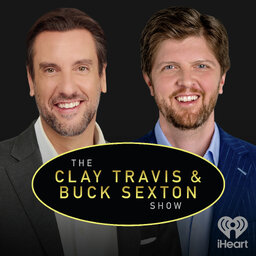Jon Ponder: Hope for Prisoners (Pt 2)
After 26 years of crime, Jon ironically found hope in prison and committed his life to helping other returning citizens live at levels that they had never dreamed about. His Hope for Prisoners has had over 4,700 clients and boasts a recidivism rate of only 8%, which is over 8 times better than the national average. Most extraordinary is that they've recruited 135 Las Vegas law enforcement officers to mentor returning citizens, which has never been done at this scale before.
In 2 playlist(s)
An Army of Normal Folks
Our country’s problems will never be solved by a bunch of fancy people in nice suits talking big wor…Social links
Follow podcast
Recent clips
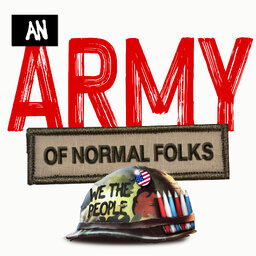
What Happens When You See the Person Everyone Else Ignores
13:15
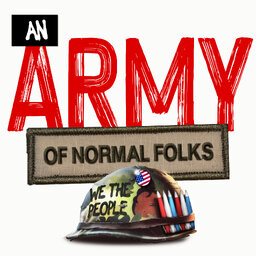
How to Turn Your Spending Into Someone's Second Chance. Or First Chance (Pt 1)
33:45
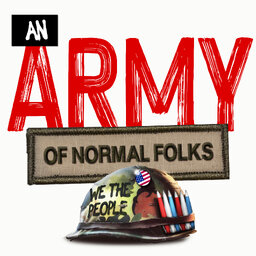
How to Turn Your Spending Into Someone's Second Chance. Or First Chance (Pt 2)
1:14:58
 An Army of Normal Folks
An Army of Normal Folks